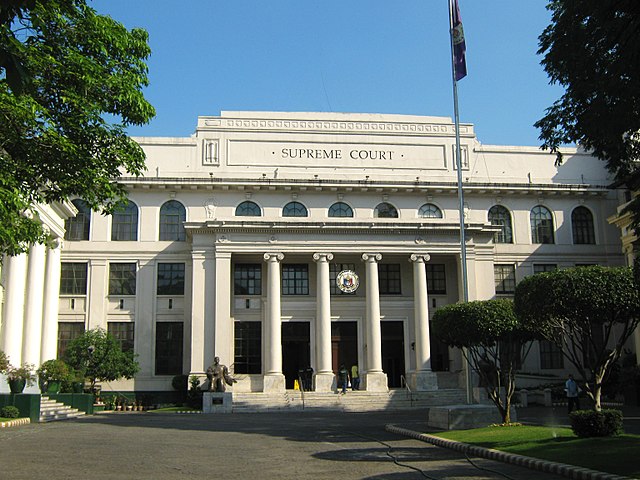
She also urged them to constantly uphold justice and the rule of law.
“Always be reminded that with the distinction you gained as lawyers comes the concomitant responsibility to further the ideals of justice and the rule of law,” Bernabe told the bar passers.
Mae Diane M. Azores, an alumna of the University of Sto. Tomas (UST)-Legazpi (formerly Aquinas University), topped the exams with 91.049 percent.
Other top-notchers are Princess Fatima T. Parahiman (University of the East, 89.523 percent); Myra M. Baranda, (UST-Legazpi, 88.825 percent); Dawna Fya O. Bandiola (San Beda College-Alabang, 88.336 percent); Jocelyn B. Fabello (Palawan State University, 88.263 percent); Kenneth Glenn L. Manuel (University of Sto. Tomas, 88.173 percent); Rhowee D. Buergo (Jose Rizal University, 87.871 percent); Anton Luis A. Avila (Saint Louis University, 87.582 percent); Jun Dexter H. Rojas (Polytechnic University of the Philippines, 87.576 percent) and Babelan A. Madera (University of St. La Salle, 87.379 percent).
Perlas-Bernabe said the Court en banc took into consideration the coronavirus disease 2019 (Covid-19) pandemic in deciding to lower the passing rate from 75 percent to 74 percent.
She said there is a “discerned need for more younger and technologically adept lawyers to help different fronts of society as we meet the peculiar challenges brought about by the Covid-19 pandemic and transition to the new normal”.
The SC decided to forego the usual viewing of the list of successful bar examinees at its compound in Padre Faura, Manila in compliance with safety and health protocols implemented by the government due to the Covid-19 crisis.
A total of 2,103 examinees or 27.36 percent of the 7,685 takers passed the examinations.
Last year, a total of 1,800 or 22.07 percent out of the 8,158 examinees passed the 2018 Bar Examinations. This is lower than the 25.5 percent or equivalent to 1,724 out of 6,748 examinees who passed the 2017 Bar Examinations.
The Bar exams, held annually every November, cover eight subjects: Political Law, Civil Law, Taxation, Labor Law, Criminal Law, Remedial Law, Mercantile Law and Legal and Judicial Ethics.